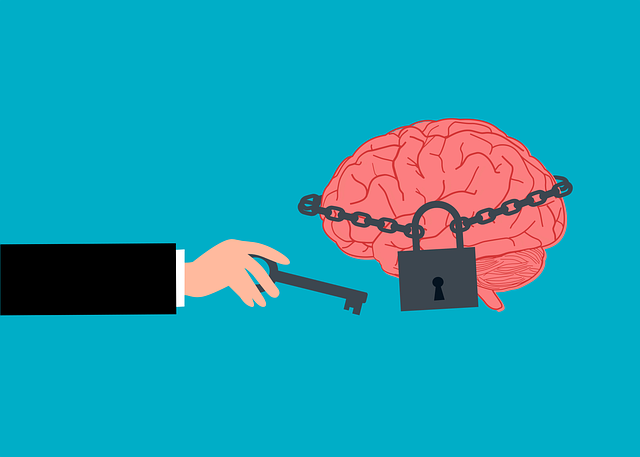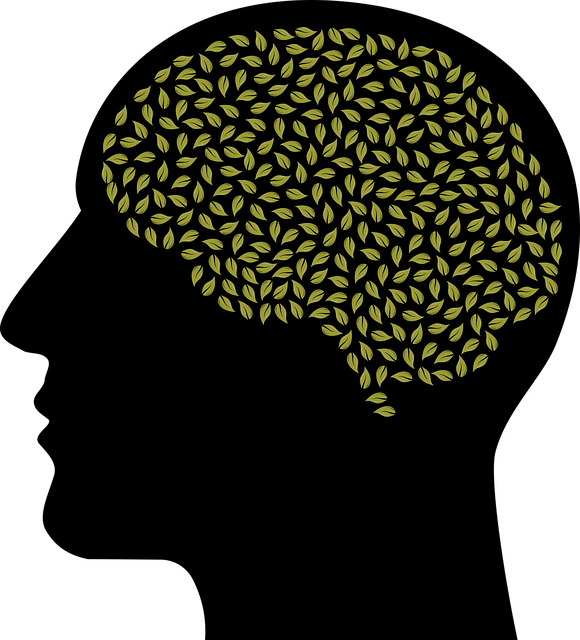Resilience is crucial for Mandarin Chinese-speaking children's emotional well-being, and the RFM framework offers a structured approach to build it. Therapists can create nurturing environments through community outreach, compassion cultivation, and conflict resolution techniques. This tailored strategy, emphasizing emotional agility and problem-solving skills, is essential for successful therapy in this community, addressing unique challenges like language barriers and cultural sensitivity. "Therapy for Children Mandarin Chinese Speaking" provides a proactive, culturally competent way to prepare kids for life's challenges.
Resilience is a vital asset for children’s well-being, especially within diverse communities like Mandarin Chinese speaking populations. This article explores the powerful tool of RFM (Resilience, Flexibility, and Mastery), offering a framework to enhance mental health support in therapy sessions for kids. We delve into the significance of resilience building, its impact on vulnerable groups, and provide effective exercises tailored for young minds. Discover how incorporating RFM into therapy can revolutionize care for Mandarin Chinese speaking children, fostering strength and adaptability.
- Understanding RFM: A Framework for Resilience
- The Need for Resilience Building in Children
- Mandarin Chinese Speaking Communities and Mental Health Support
- Effective Exercises to Foster Resilience in Kids
- Incorporating RFM into Therapy Sessions for Children
Understanding RFM: A Framework for Resilience

Resilience is a vital asset for children to navigate life’s challenges and develop emotional well-being. Understanding RFM (Recovery, Flexibility, and Mastery) provides a robust framework for fostering resilience among Mandarin Chinese speaking children who may face unique cultural and linguistic barriers in their therapy journeys. This approach acknowledges the importance of not just recovering from adversities but also cultivating flexibility to adapt to changing circumstances and mastering coping strategies to manage stress effectively.
Through community outreach program implementation, compassion cultivation practices, and conflict resolution techniques, therapists can create a supportive environment that empowers children to build resilience. By integrating these strategies into therapy sessions, professionals can help children develop emotional agility, enhance their problem-solving skills, and cultivate a sense of self-efficacy—all crucial elements for building resilience, especially when tailored to meet the unique needs of Mandarin Chinese speaking children in therapy.
The Need for Resilience Building in Children

In today’s fast-paced and often challenging world, building resilience in children has become an essential aspect of their overall development. As a professional in therapy for children Mandarin Chinese speaking, it’s crucial to understand that resilience is not just about enduring hardships but also about thriving after them. By integrating Mind Over Matter principles, we can help young individuals develop the mental fortitude needed to navigate life’s twists and turns effectively.
Children who possess emotional intelligence and a robust self-care routine development for better mental health are better equipped to cope with stress, anxiety, and other emotional challenges. Resilience training goes beyond mere coping; it empowers kids to view setbacks as opportunities for growth and learning. This proactive approach fosters a sense of optimism and empowerment, ensuring that our young ones can face the future with confidence and resilience, no matter the circumstances they encounter in their bustling lives.
Mandarin Chinese Speaking Communities and Mental Health Support

Mandarin Chinese-speaking communities often face unique challenges when it comes to mental health support, particularly for children. In many cases, cultural barriers and a lack of access to therapy in their native language can make seeking help difficult. This is where specialized services step in, offering therapy for children that considers the Cultural Sensitivity in Mental Healthcare Practice. By incorporating therapists who are fluent in Mandarin Chinese, these services bridge the gap, ensuring effective communication and building trust within these communities.
The focus on Inner Strength Development and Emotional Intelligence is essential in these therapeutic settings. By providing a safe and culturally competent environment, children can explore their emotions, build resilience, and develop coping strategies tailored to their needs. This approach not only addresses immediate mental health concerns but also fosters long-term emotional well-being, empowering young individuals to thrive both within their cultural context and in the broader society.
Effective Exercises to Foster Resilience in Kids

Building resilience in children is a crucial aspect of their overall well-being and development. Through various exercises, kids can learn to navigate challenges, manage stress, and develop a positive mindset. One effective approach that incorporates both play and learning is the use of Compassion Cultivation Practices, which have been shown to enhance emotional intelligence and foster a sense of connection. These practices encourage children to explore their feelings, understand others’ perspectives, and cultivate empathy, all of which contribute to building resilience.
Incorporating Stress Management techniques into daily routines can also empower kids to cope with demanding situations. Simple mindfulness exercises, deep breathing activities, and progressive muscle relaxation teach children how to calm their minds and bodies. Furthermore, engaging in physical activities that promote a healthy lifestyle not only benefits their bodies but also supports Self-Esteem Improvement. By participating in sports, arts, or group games, kids build confidence, learn social skills, and develop a positive self-image, all essential components of resilience.
Incorporating RFM into Therapy Sessions for Children

在治疗儿童的过程中,将RFM(恢复力、韧性和心理灵活性)概念纳入疗法会带来显著的益处。对于说普通话的儿童患者来说,通过RFM练习,可以帮助他们发展应对压力和挑战的技能。这些练习旨在增强他们的心理弹性,让他们在面对生活中的困难时能更好地适应和恢复。
在治疗会上,心理学家或治疗师可以通过游戏、故事讲述和角色扮演等方式引入RFM活动,让孩子们在轻松的环境中探索和学习。例如,鼓励他们分享在面对挫折时的反应,然后引导他们尝试不同的应对策略,如深呼吸练习或正念冥想,以减少焦虑和压力(安抚焦虑)。此外,通过讲述具有韧性的角色的故事,可以激发孩子们的共鸣,让他们在自身经历中找到类似的心理资源。将RFM融入日常治疗不仅有助于改善儿童的心理健康(精神健康政策分析与倡导),还能有效预防医疗从业者面临的职业倦怠( burnout 预防策略)。
Resilience is a vital asset for children’s emotional well-being, especially within diverse communities like Mandarin Chinese speaking groups. By integrating RFM (Resilience, Flexibility, and Mastery) principles into therapy sessions tailored to children from these communities, mental health support can be enhanced significantly. The effective exercises outlined in this article provide professionals with valuable tools to foster resilience, enabling kids to navigate challenges and thrive. For parents and therapists seeking therapy for children Mandarin Chinese speaking, adopting RFM as a framework offers a promising approach to building resilience and improving overall mental health.











